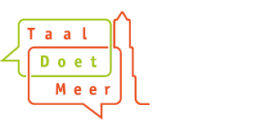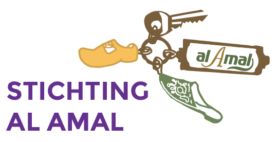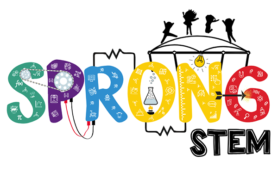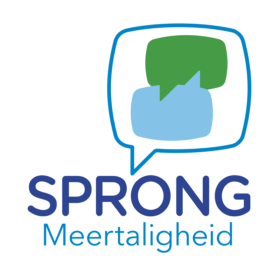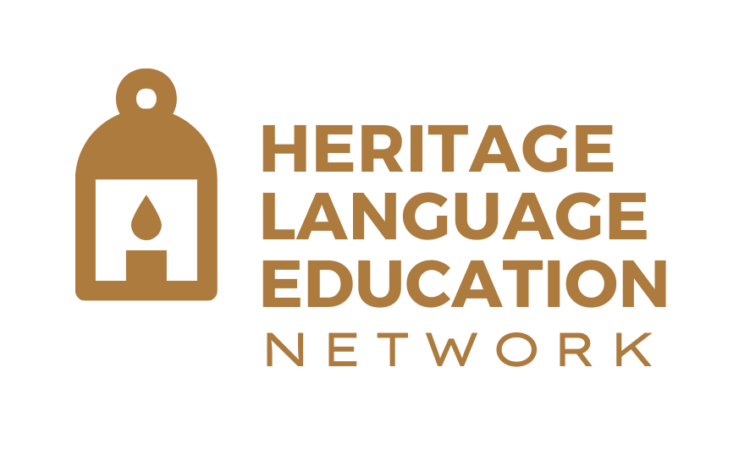Why are mother languages important in education?
On International Mother Language Day (UNESCO), we’ve asked some of our Multi-STEM team members the question in the title of this post. Below you can read their answers.
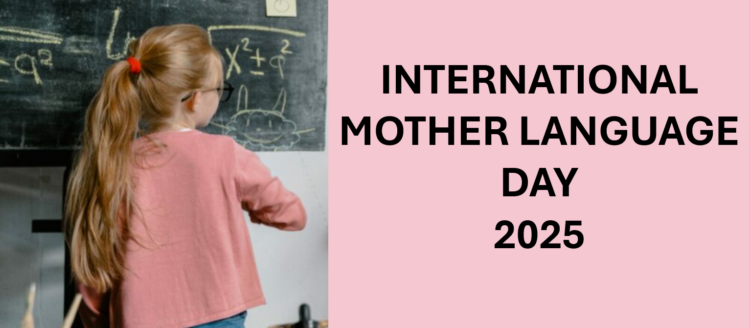
Arthur Bakker: For many people, their mother language is the language of their heart. Feelings are expressed most easily in your mother tongue. But there is more: also rational actions such as counting are very hard to do in another language than one’s mother language. I noticed when living abroad that I could communicate easily in English about almost any topic, but as soon as I had to count, remember a phone number, think about time planning, I always resorted to my first language. Hence I think that activities that are tied to sensorimotor schemes are also closely tied to one’s mother language. If we were to forbid children to use their mother language we were to close off not only a rich source of knowledge but also one’s identity.
Erin Gail MacDonald: Incorporating home languages into education can strengthen the relationship between school and home. For parents/caregivers who speak a language other than the school language, incorporating the home language not only recognizes their perspectives, experiences, and knowledge, but can also allow them to enter into their child’s education in a new way. This could be by playing a math game in the home language, or talking about a math concept in the home language. Many parents/caregivers want to be engaged in their children’s math education, and utilizing the home language can support them in doing this.
Hanneke Baart: One day I really struggled to teach a student the concept of even and odd numbers. I had used every method I had learned as a teacher to try to explain the concept but still he looked at me blankly. Until I took out my phone and pulled out a translation in his home language. It only took him a matter of seconds to read the translation. Immediately he shouted: ooooh, I know this! I learned it at my previous school! Suddenly, a learning goal that seemed over his head, turned into one he had already achieved. All he needed was to be able to make a connection between the school language and the home language. From this point on, as a teacher, I realized the importance of giving the home language space at school.
Jantien Smit: Giving home languages a place in education is desirable for all kinds of reasons. But the most important one in my opinion is that not all students identify with Dutch. Keeping the language(s) that children feel more connected to out of the classroom means that part of their identity is not welcome. That is a shame, it is painful and unnecessary. With small adjustments we can make room for other languages in the classroom, and for the worlds we can discover if we welcome these languages. (Excellent reasons to celebrate International Mother Language Day!)
Lucía Chisari: I cannot but think of science. In science education, the prior experiences students bring are crucial to their development. Teachers usually ask the students about these prior experiences at the beginning of a lesson. Many children have experiences with scientific meaning making at home, with their friends or extended family (think about cooking or gardening). For migrant children, the conversations they have around these experiences happen in their mother tongues. If they are not allowed to use their home languages at school, there is a risk that such knowledge is ‘lost’, or at least not used as a building block in their science learning.
Mirona Moraru: There are so many reasons why home languages are important in education. A very simple but crucial one is that newcomer children have a better chance to express themselves and understand what they are being told. Imagine you’re seven and find yourself in a new country and school. People speak to you, expect things from you, assess you, but you don’t understand them. You want to go to the toilet, but you don’t know how to ask for permission. You want to ask questions about the homework, but you don’t know how to. You want to share your answer for the mathematics exercise, but you can’t. You want to tell the adults around you how you’ve been really feeling lately and ask for support, but it’s too difficult in the new language you’re learning. So you just stay silent. For me, finding ways of incorporating home languages in education is a matter of justice: it allows us to work on building safe spaces where all children can feel listened to and cared for.
Collaborative effort initiated and put together by Mirona Moraru | Postdoctoral researcher, subproject ‘Boundary Crossing’.
Currently, this blog is only available in English. To read it in another language we recommend using the translation tool DeepL.com.







